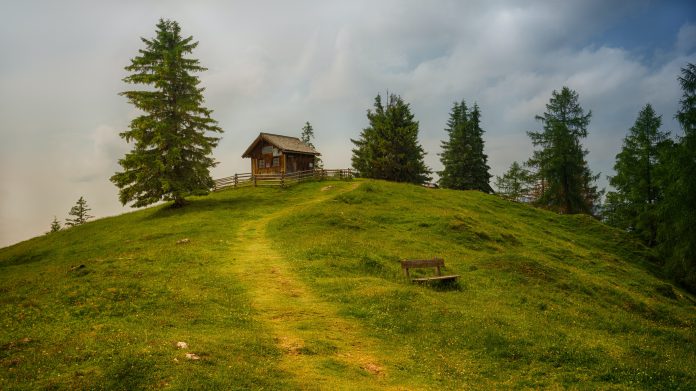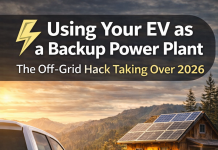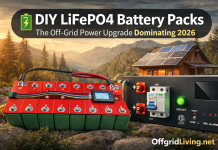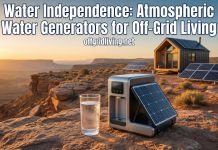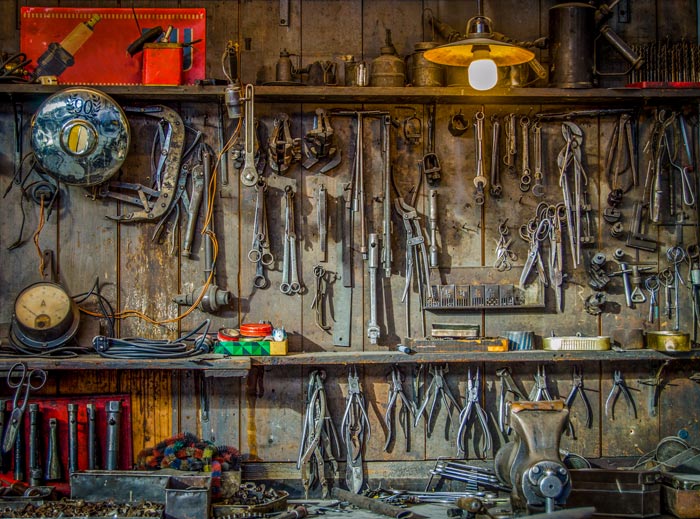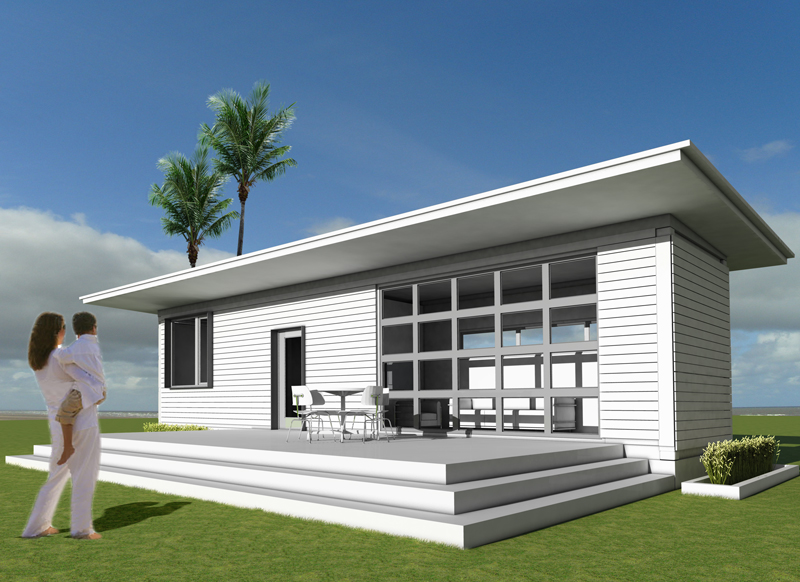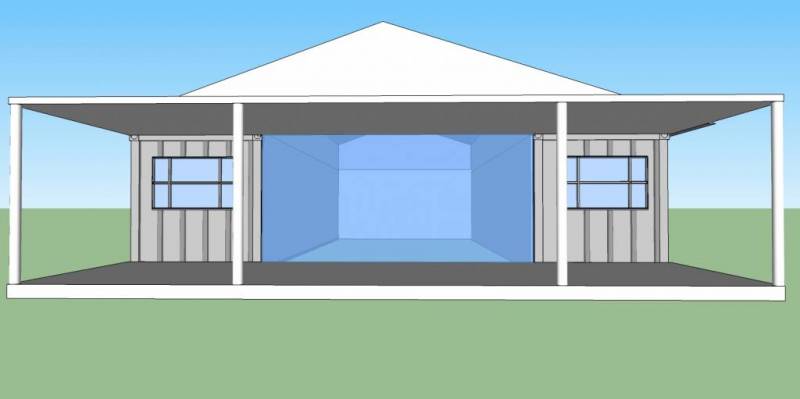If you’re considering making the switch to an off-grid lifestyle, there are a few things you should know before taking the plunge. From being prepared for emergencies to learning how to live without modern conveniences, here are 7 things you must know before going off-grid.
- Define your goals for going off-grid. What do you hope to accomplish by doing this?
For me, going off-grid is not just about reducing my environmental footprint; it’s a chance to gain peace of mind, freedom, and renewal. I want to be more conscious of how I choose to use the resources around me, understanding that they do not come without cost.
By crafting my own sources of power and supplies, I can make intentional decisions about my energy consumption. In doing so I believe that peace of mind can be achieved by having the confidence that my individual choices are making a positive contribution to the planet.
Furthermore, going off-grid grants me a certain degree of freedom by offering self-sufficiency and giving me back control of my lifestyle and living space.
Finally, going off-grid presents an opportunity for personal growth and renewal through challenging myself with creative solutions from repurposed materials as a means to stay connected with nature.
Ultimately, going off-grid is something I’m doing because I feel passionate about being part of a better future for both people and our planet.
- Do your research. There are many different ways to go off-grid, so you need to find the one that best suits your needs and lifestyle.
When it comes to deciding which route you want to take about going off-grid, research is key. It can be a daunting process and there are so many alternatives, you should have a thorough understanding of them before settling on one.
Consider your budget, lifestyle, necessary equipment, and long-term plans. Talk with experienced people who have gone off-grid themselves and look into the individual advantages as well as any potential drawbacks associated with each option; this includes things like renewable energy sources, composting toilets, DIY housing solutions, and more.
All these elements should feed into deciding which path will best suit your needs; make sure you take the time to do your research thoroughly.
- Consider your climate and location. This will affect what type of off-grid system you can have and how much sun or wind you can rely on for power.
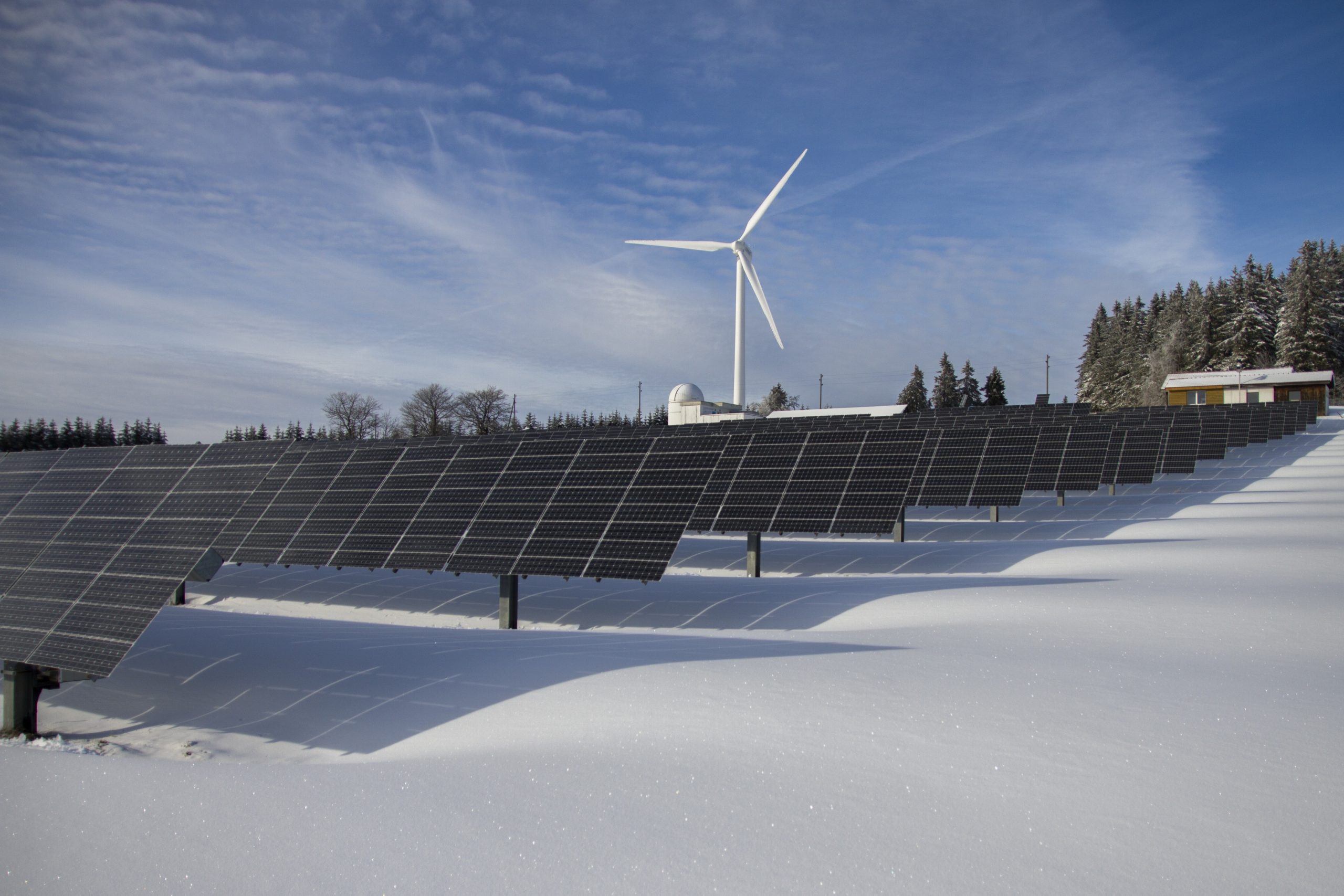
Depending on where you live, off-grid energy solutions may look very different. Certain climates are more conducive to solar energy than others, while the wind is an option in some locations but not in others.
If you live in an area with strong sunlight most of the year, a solar system might be able to meet your energy needs without the need for supplemental fuel.
However, if you experience long periods of darkness or don’t have access to consistent wind currents, then other forms of renewable energy might be better options for your off-grid system.
It is important to understand what type of climate you are working with when creating an off-grid power system so that you can ensure it will suit both your lifestyle and environment.
- Have a backup plan. Even if you’re planning on being completely self-sufficient, it’s always good to have a backup plan in case of emergencies.
It’s always a good idea to have a backup plan in place, even if you’re feeling confident in your ability to be completely self-sufficient. Unexpected situations can arise which can lead to financial difficulties or potential loss of resources.
Having a backup plan can help you provide some peace of mind when it comes to these events because they’re planned and accounted for in advance.
It’s also a great way to reassure yourself that you’ll be well taken care of no matter what life throws at you.
- Be prepared to live a simpler life. Offgrid living means doing without some of the conveniences of modern life, so be prepared for that before making the switch.
Switching to an off-grid lifestyle can be both rewarding and challenging. Living without modern conveniences will require you to adjust your lifestyle in order to utilize alternative methods.
It is important to research the necessary equipment or procedures before making the change, from taking advantage of natural sunlight for heating and lighting to experimenting with electricity-free cooking options.
Once prepared, you will find that living simply can not only bring cost savings but also great satisfaction from being self-sufficient.
If you take time to prepare, make modifications, and learn about the process of off-grid living, embracing this new life could be one of the most meaningful experiences you’ve ever had.
- Know your limits. Don’t bite off more than you can chew when it comes to going off-grid – start small and gradually increase your level of self-sufficiency as you get more comfortable with it.
Knowing your limits and starting small when it comes to self-sufficiency is key to successful off-grid living. Taking on too much at once can often cause anxiety and stress, reducing the benefit of going off-grid in the first place.
Before taking the plunge into off-gridding full-time, try making small steps such as growing your own vegetables or finding ways to reduce energy consumption.
Doing this gradually will increase your confidence and resilience as you go, equipping you with the skills you need for greater independence down the line.
In the end, you’ll find that taking things slowly will help yield much more rewarding results than attempting to do everything at once.
- Be patient. It takes time and effort to establish an off-grid lifestyle, so don’t expect everything to happen overnight.

The idea of an off-grid lifestyle is incredibly appealing; however, it can take many months, or even years, to build a completely self-sufficient life.
Contrary to popular belief, there is no magic wand that can be waved that instantly turns one into an offgrider. The process requires tremendous amounts of time, effort, and dedication – much more than most people think.
Patience is key; rather than trying to do everything all at once, lay the groundwork slowly and steadily in order to achieve the desired lifestyle.
Conclusion:
Setting short & long-term goals can help you stay motivated while you are establishing your desired off-grid lifestyle. With hope and determination—along with plenty of patience—you will reach your goal eventually.
With the right knowledge, dedication, and willingness to learn, anyone can begin living an off-grid lifestyle. Although it may be challenging at first, embracing this lifestyle can bring great satisfaction from being more self-sufficient—not to mention helping you save money in the long run.
With some forethought, research, and preparation, you will soon find yourself enjoying a life of freedom & independence. Good Luck!


